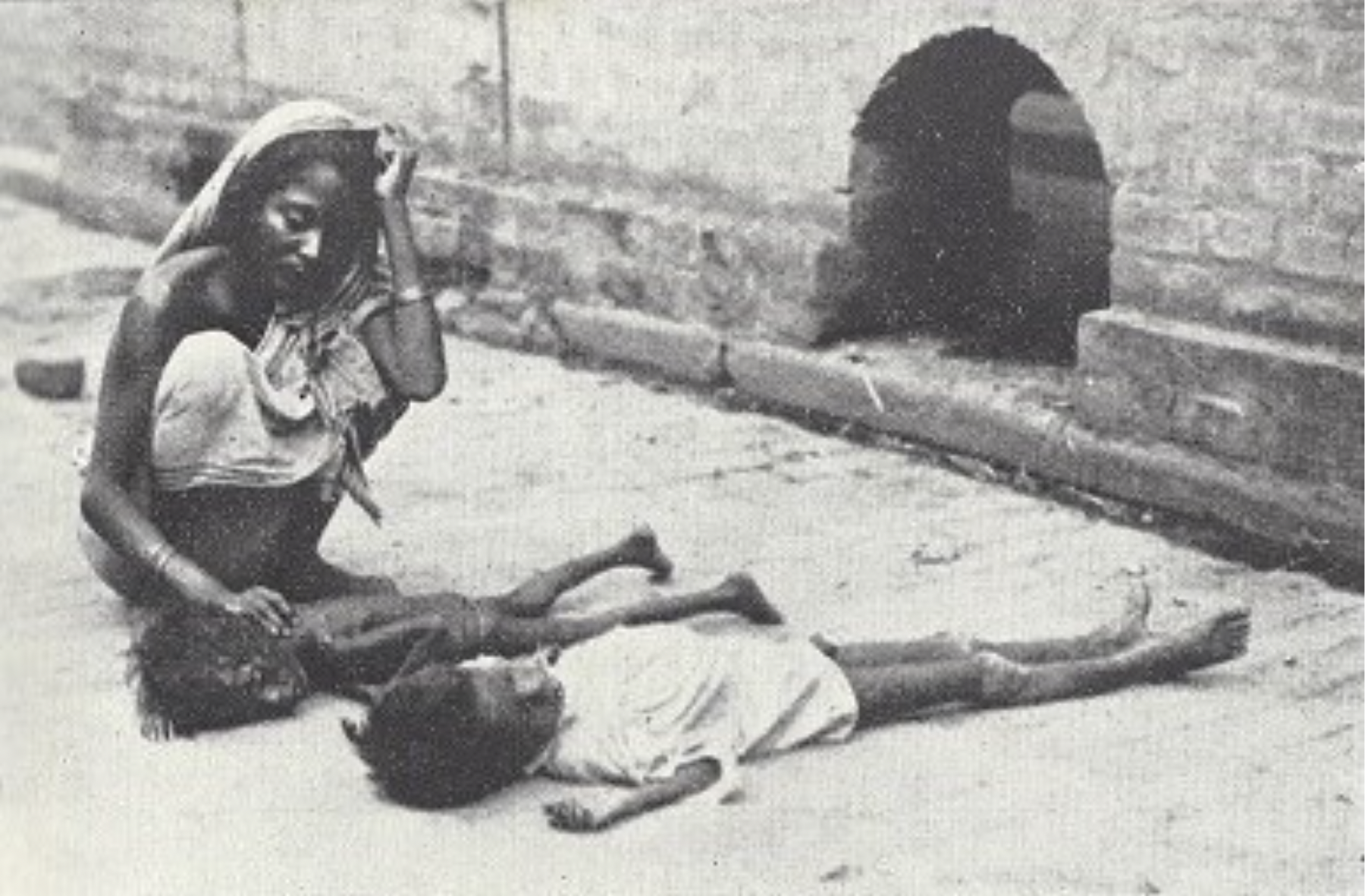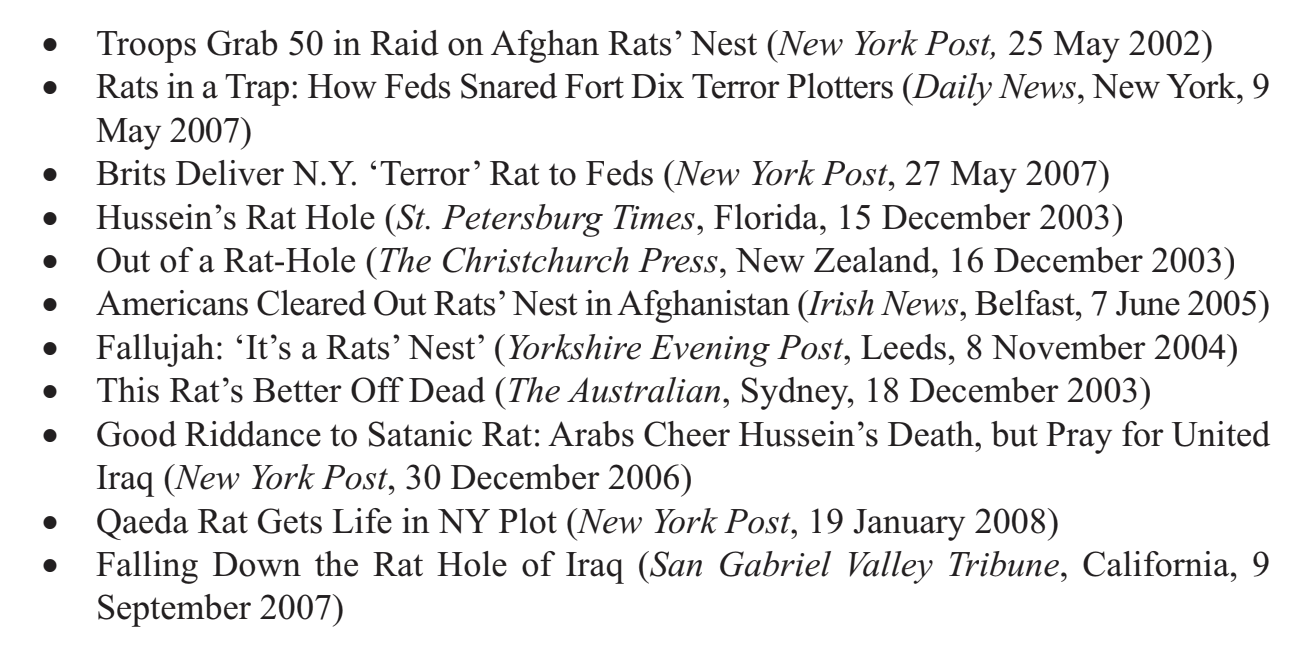The right to be distinguishable
[Nov 2025]
This is an excerpt from a speech I gave at the 2025 Lender Center for Social Justice symposium in Syracuse, New York. Read more about our project here.
The great thing about projects like this is that you get to connect things together that you wouldn’t have thought to connect before. I think it’s fitting here to talk about two items that I’ve been thinking about this year, as I consider what this work will become next.
So here’s the first thing. We’ve been conducting oral history interviews with journalists who covered parts of the “War On Terror” and many of them talked to us about betrayal. Feelings of betrayal. Many of them -- us -- grew up after 9/11 and those of us who became journalists have very similar stories: we wanted to tell stories that would rectify the stories we were seeing about Muslims on the TV or in newspapers. One of our interviewees who worked for a national news organization said the following about that time:
“The few times that a Western news outlet was on, and I couldn't remember if it was like CNN or I don't remember what channel it was, I remember seeing images of women dressed in all black crying. Like hijabi women. And I remember that having a profound impact on me because one, it was the first time I saw someone that looked like my family on television and it was also jarring because it was the only time I saw hijabi women…I remember hearing an anchor's voice kind of just talking over it. That b-roll was the same, helpless, crying woman…I just remember really clearly when we came to the American cable news, seeing that image of that woman and it kind of stopping me in my tracks and me just being like, ‘Oh, she looks like my aunts. It's a Muslim woman, it's a hijabi, it's an Arab woman...but something about this feels really wrong.’”


